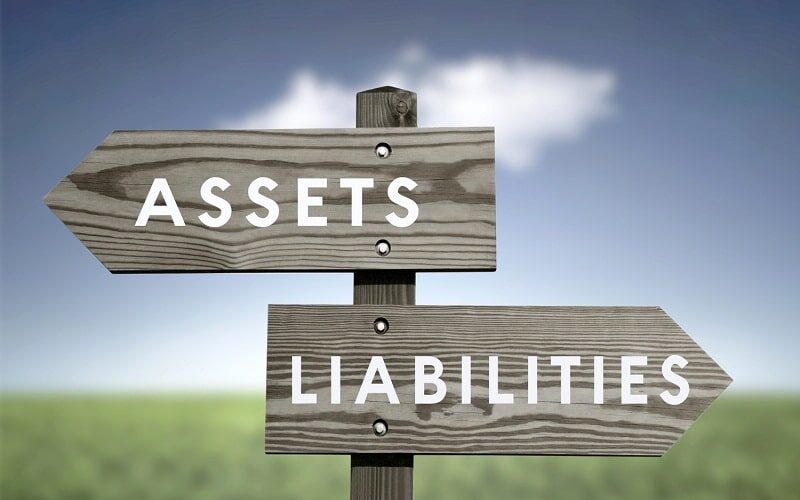As before, the majority of people who are not related to accounting and finance have not quite the right idea about assets and liabilities, despite the fact that these are very important concepts for personal wealth management that came to us from business.
Is your car an asset? The answers will be different, but few will be able to properly substantiate them. Looking ahead, let’s say right away that yes, technically the car is your asset. Even though you do not use it for business purposes and constantly spend money on its maintenance and upkeep, which seems to be contrary to the generally accepted understanding of an asset. Therefore, many automatically classify the car as a liability. Especially if the car is taken on credit. But first, let’s remember what assets are.
Technical understanding of the asset
In business, assets are everything a company owns. In relation to personal finance, this is all your property, including intangible possessions, such as, for example, copyright. And of course, the money itself is the most liquid asset that can be immediately used to get rid of liabilities.
It is important to note that the asset must have some economic value. If he does not have it, then it cannot be considered an asset. However, given that almost any property can be sold to someone, everything is an asset one way or another, just with a different level of liquidity.
What about the car? A car, of course, can be sold to someone, so it is already an asset by definition, and quite liquid. But it quickly loses value and requires constant expenses during operation. In this regard, the car falls into the category of depreciable assets. That is, this is a category of assets that lose their value over time.
What about a car bought on credit? In this case, it is still a depreciable asset, but the loan itself is a liability that reduces your personal capital. Notice that your capital also includes the current share of this car.
If your bank allowed you to sell the car before the loan was fully repaid, then you would pocket the remaining difference after paying the bank. This clearly shows why even a loan car is an asset, even if it is constantly losing value.
Real assets
Quite rightly, many financially literate people prefer to call assets only those that generate income, and not any property with potential economic value.
This income does not have to be in the form of continuous cash flow. It can be a long-term investment with the expectation of making a profit in the future, such as real estate, business or securities. An investment horizon of 10-15 years is quite typical for conservative stock market investors.
Owning a promising business operating above breakeven, as well as shares in other reliable companies, are the most desirable assets among others.
Everything else that money is spent on is a liability and these negative cash flows should be reduced as much as possible. It is impossible to do without liabilities, but the balance should always be on the side of assets.
